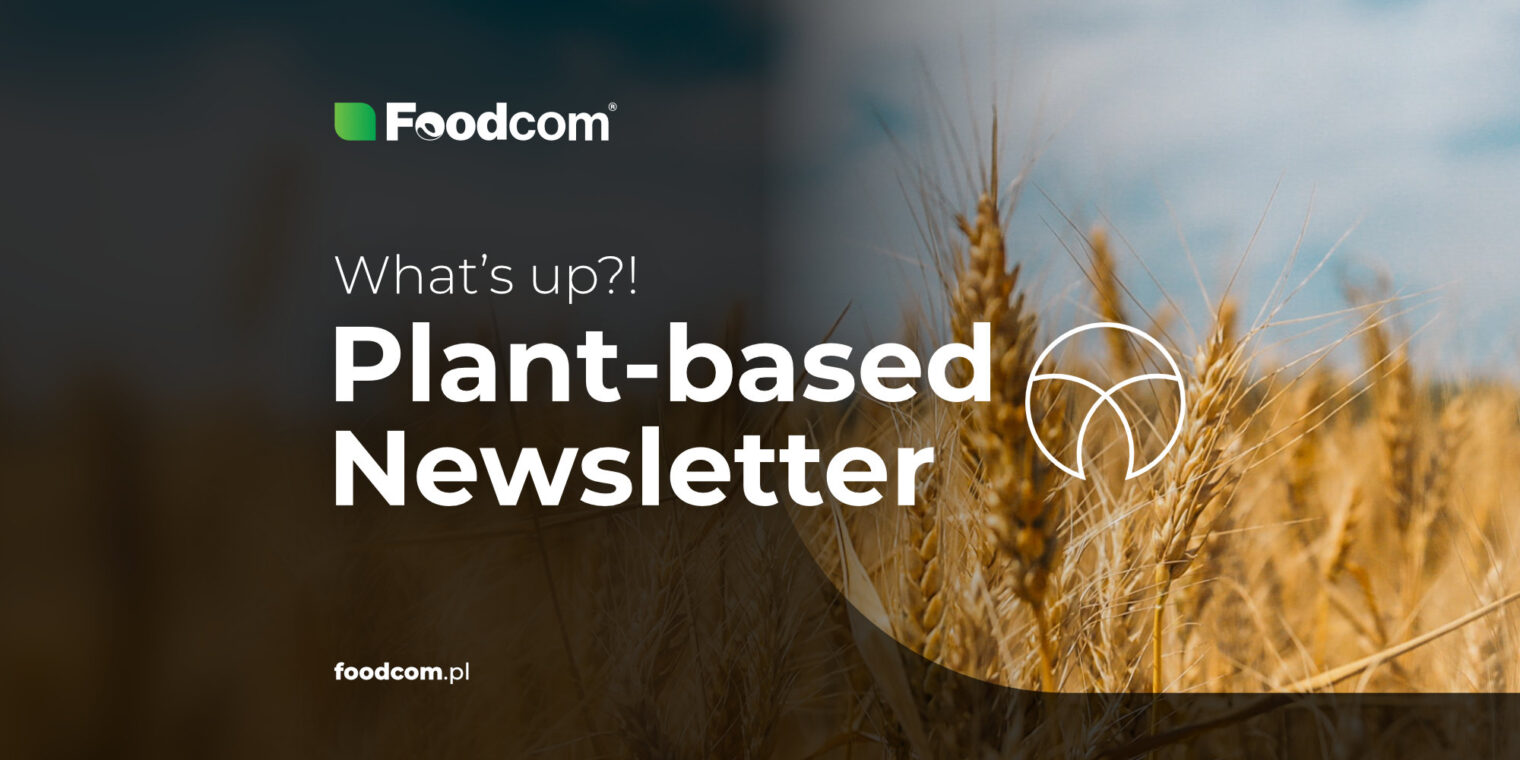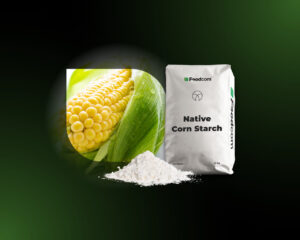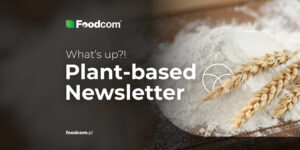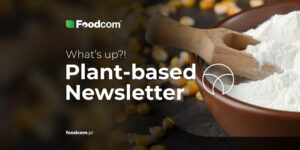Hello Partners,
The current economic climate is characterized by inflationary forces and escalating prices across various sectors.
Adding to the complexity of the market, there is a shortage of tomato paste. This scarcity can be attributed to adverse weather conditions, including droughts in Egypt and India, impacting the global supply chain. As a result, the tomato paste market is facing challenges, and it’s imperative to explore adaptive strategies in response to this shortage. However, our quantities are secured, so feel free to contact us for more information!
Hottest Products of the Week
Sugars
European prices for Dextrose mono experienced a convergence with their Chinese counterparts, introducing an unexpected element of volatility, which later on caused a challenge in sourcing dextrose mono for specialty feed applications.
The feed sector has exhibited a notable resurgence, generating increased demand across a spectrum of products. This surge, however, has been met with an unanticipated hurdle—there appears to be a shortage of European feed products on the market.
Conversely, the sugar market remains relatively subdued, attracting minimal attention within the current trading landscape.
Starches
The demand for Native Tapioca has surged, and we’ve been receiving numerous requests. We see the motion of sellers turning into buyers. The buzz around modified tapioca also remains strong. This versatile product continues to be a hot topic, reflecting its sustained popularity and diverse applications.
Native Corn Starch is facing an interesting paradox—prices are steadily declining, posing challenges for profit margins. However, in certain regions, especially on the periphery of Europe, this might present a unique opportunity in the current market scenario.
Wheat Starch, on the other hand, has become a relatively quiet and stagnant topic. Market interest and activity surrounding wheat starch are minimal, reflecting its current status as a less dynamic sector.
The papermaking sector is maintaining a quiet profile, with subdued activity and minimal market noise. This could be a sector to watch for potential shifts in the future.
Proteins
We’ve received export requests for Potato Protein destined for South America, specifically for feed targeting young monogastric animals, such as young pigs. The demand signals a growing interest in high-quality protein sources for the feed industry in the region.
On a different note, Vital is currently facing challenges, with deals not materializing as expected, particularly in smaller quantities.
A noteworthy trend on the horizon is the rise of sports nutrition. Native vaxy corn starch is gaining traction, being marketed to athletes for quick energy. The complex chain of molecules in this starch aligns with the demand for effective and sustainable sources of energy in the sports sector.
The recent outbreak of bird flu has impacted the poultry industry in multifaceted ways. The reduction in chicken population has led to a decreased supply of chicken food, affecting the production of poultry meal and poultry blood for feed. With fluctuations in weather exacerbating export quantities, there’s a notable surge in demand for Corn Gluten Meal. While Q4 is sold out, availability for Q1 is limited, and aqua feed is expected to witness increased demand in February/March.
What else?
Cattle herds are at historical lows, influencing the dairy sector. The decrease in milk production has implications for dairy products, leading to adjustments in the market in plant-based industry.
The U.S. Department of Agriculture (USDA) has launched the Regional Agricultural Promotion Program (RAPP) with an initial $300 million funding to help U.S. agricultural exporters enter new markets beyond China, Canada, Mexico, and the EU. The program, totaling $1.2 billion over five years, targets regions like Africa, Latin America, and Asia.
The U.S. Department of Agriculture extended a trial for 90 days allowing six pork plants to operate at increased line speeds. This move, affecting companies like Tyson Foods and JBS SA, aims to collect more data on worker safety impacts. The trial faced opposition over food safety and worker welfare concerns. The extension is crucial for analyzing the program’s effects on the pork supply and prices.
J&F, parent company of JBS SA, plans to increase investments in Saudi Arabia, aiming to expand chicken processing capacity to 40,000 metric tons yearly. This move coincides with a Brazilian government delegation’s visit to strengthen business ties. Saudi Arabia is Brazil’s main trading partner in the Middle East, with the food sector being a key area of cooperation.
Cuba’s rum industry is struggling due to a severe drop in sugar production, largely caused by an economic crisis that has cut supplies of vital resources for sugarcane growth. Production is expected to remain at a low of 350,000 metric tons, impacting both sugar availability and rum production.
European Transport Commissioner Adina Valean condemned the blockade by Polish truckers at the Polish-Ukrainian border, calling it “unacceptable.” The blockade has caused significant disruptions, with truckers protesting against cheaper competition from Ukrainian companies.








